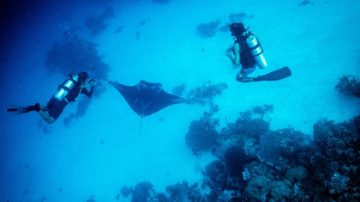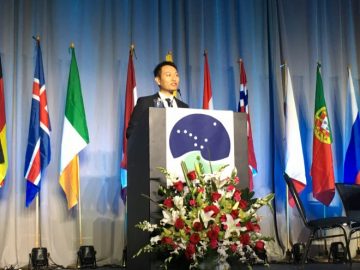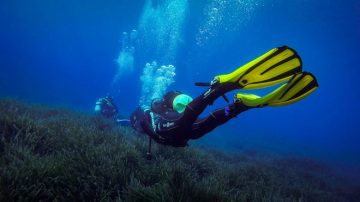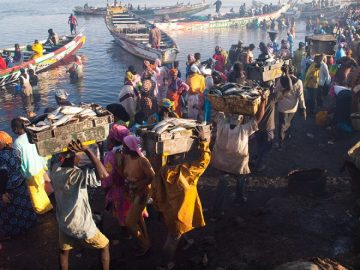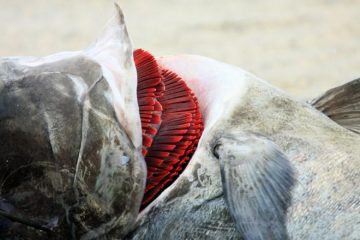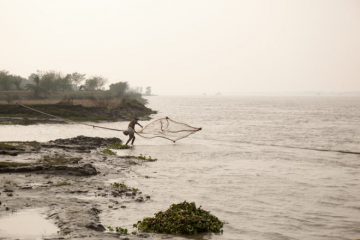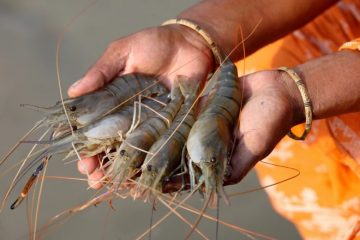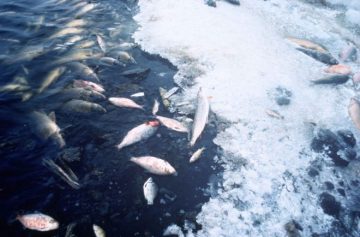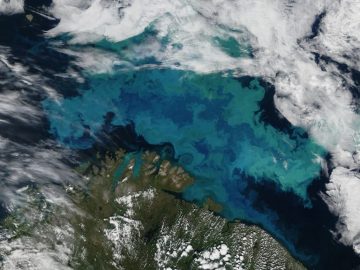CORU Director William Cheung wins ICES Prix d’Excellence Award
Cheung’s research is recognized internationally as an important part of the foundation for understanding future impacts of climate change on global marine biodiversity
Adaptation strategies to climate change in marine systems
Climate change and human activity have pressing impacts on the state of our ocean, threatening the integrity of marine ecosystems themselves as well as the services they provide to human communities. Given the inevitable current and future effects of climate change, adaptation by both physical and human systems is crucial. As defined by the Intergovernmental […]
Developing countries face decreases in both fisheries and agriculture production under climate change
If climate change continues unchecked, developing countries could face both decreased crop production and decreased seafood production, finds a new study published in Nature Ecology & Evolution. The authors looked at how food production on land and in the sea will be threatened by climate change and what the future effects on biodiversity, livelihoods and […]
Adaptive capacity: from assessment to action in coastal social-ecological systems
Coastal ecosystems are undergoing complex changes caused by both social and ecological drivers occurring at varying scales and speeds, which ultimately act as either risks or opportunities to coastal social-ecological systems. The assessment of adaptive capacity- the latent ability of a system to respond proactively and positively to new stressors or opportunities- of coastal ecosystems […]
Solutions to blue carbon emissions: Shrimp cultivation, mangrove deforestation and climate change in coastal Bangladesh
Bangladesh is a world leader in aquaculture production, ranking sixth after China, Indonesia, India, Vietnam, and the Philippines. Due to the nation’s favourable physical characteristics, Bangladesh is highly suitable for coastal aquaculture, especially the tiger shrimp sector. Shrimp culture has diversified livelihood opportunities for coastal communities, as over two million people are involved in fish […]
Climate change-contaminant interactions in marine food webs
When most of us think about the list of impacts of climate change on our oceans, rising sea levels, warming waters, and ocean acidification are at the top. Nereus Director of Science William Cheung (UBC) and OceanCanada Director and Nereus Research Associate (Honourary) Rashid Sumaila (UBC) recently co-authored a review paper in Global Change Biology […]
Reconciling fisheries catch and ocean productivity
Phytoplankton are the foundation of ocean life, providing the energy that supports nearly all marine species. Levels of phytoplankton in an ocean area may seem like a good predictor for the amount of fish that can be caught there, but a new study co-authored by CORU researchers finds that this relationship is not so straightforward. […]
